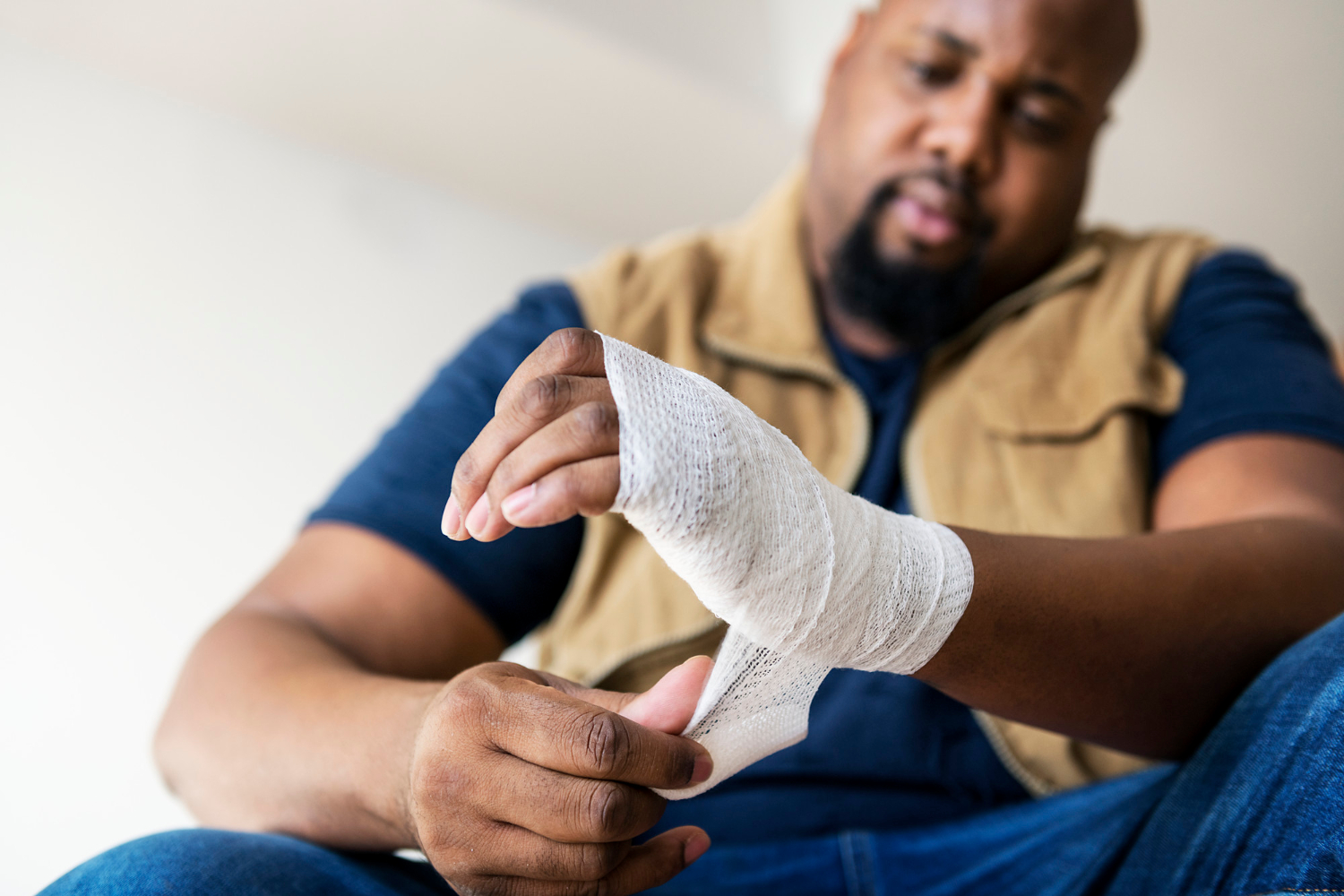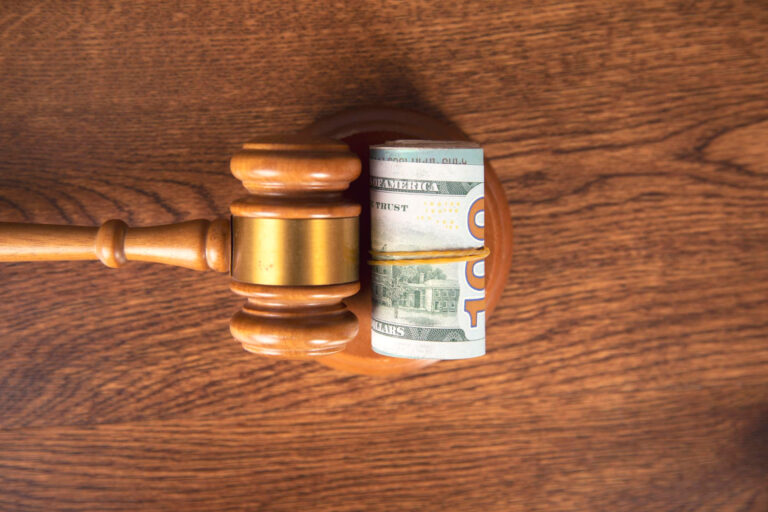Personal Injury Law: Definition and Overview
At LawOfficeOfBrianKelly, we understand that life can take unexpected turns, leading to unfortunate accidents and injuries. Personal injury law exists to protect those who suffer due to someone else’s negligence.
In this article, we’ll break down the basics of personal injury law, showcasing how it works to secure justice and compensation for victims. Discover how our experienced team at LawOfficeOfBrianKelly can help you navigate these legal challenges and reclaim your peace of mind.
As demonstrated by the American Bar Association, personal injury law helps people who are hurt because of someone else’s actions. It lets the injured person seek money from the person at fault. This law covers things like car accidents or slips and falls.
Understanding Personal Injury Law
Understanding Personal Injury Law reveals that it addresses situations where an individual’s physical or emotional harm results from another party’s negligence or deliberate actions.
Essentially, this area of law helps people get money for costs like medical bills, lost wages, and pain if they’ve been hurt. To win a personal injury case, the injured person must show that the other party was responsible, did not act carefully, and caused the injury. Personal injury cases often involve car accidents, slip and falls, medical mistakes, and faulty products.
Come to think of it, in these cases, the injured person might get money through a settlement or a trial. The rules for personal injury law differ by state, including how long you have to file a claim and how much money you can get. It’s important for injured people to talk to a personal injury lawyer who can help them understand the process and their rights. Knowing about personal injury law allows people to get justice and compensation for their injuries.
Types of Personal Injury Cases
Personal injury cases can arise from situations as diverse as car accidents, medical malpractice, and even dog bites, where someone’s negligence or intent causes harm.
All in all, these cases can involve physical injuries like broken bones, muscle strains, or head injuries. They can also include emotional impacts like anxiety, depression, or PTSD.
Car accidents are a common type of personal injury case where a driver’s carelessness causes harm to others. Slip and fall cases happen when someone gets hurt on another person’s property because it wasn’t safe. Medical malpractice involves injuries caused by a healthcare provider’s mistakes. Product liability cases occur when a faulty product harms someone. Simply put, other types of personal injury cases can include dog bites, physical attacks, slander, or intentional emotional distress. In these cases, the injured person might get compensation for medical bills, lost wages, pain and suffering, and other losses.
Personal injury cases often need a skilled lawyer who can handle the legal process, gather evidence, talk to insurance companies, and stand up for the injured person. If you’ve been hurt because of someone else, it’s important to talk to a lawyer to understand your rights and options.
How Personal Injury Claims Work
Adding to what we said, personal injury claims allow individuals to secure financial compensation for injuries caused by someone else’s negligence.
Largely, the process usually starts by gathering evidence to show that the other person was at fault. This evidence can include medical records, witness statements, and photos of the accident scene. Once all the evidence is collected, a claim is filed with the at-fault person’s insurance company.
Next, there are negotiations to agree on a settlement that fairly covers the injured person’s medical bills, lost wages, pain and suffering, and other costs. At the simplest level, if no agreement is reached, the case might go to trial, where a judge or jury will decide what happens.
It’s important to remember that every personal injury case is different. The outcome depends on things like how bad the injuries are, how strong the evidence is, and the local laws on personal injury claims.
Proving Fault in Personal Injury Cases
Demonstrating liability in personal injury cases often requires intricate investigation and substantial evidence.
To be brief, to prove who is at fault in an injury case, the injured person needs to show that the other party acted carelessly and that this carelessness directly caused the injuries. This usually means collecting evidence like witness statements, medical records, photos, and expert opinions.
The injured person must show that the other party had a responsibility to be careful and failed to meet this responsibility, which led to the injuries. It’s important to prove that the other party’s actions were not up to the expected standard of care in that situation.
Basically, sometimes, the injured person also has to show that they didn’t cause their own injuries through their own carelessness. This idea is called comparative negligence, and it can affect how much money they can get for their injuries.
Compensation for Personal Injury
Victims of personal injury can receive substantial financial compensation for their pain and suffering if another party’s actions or negligence caused their harm.
Essentially put, if you’re hurt and it’s someone else’s fault, you might get money to cover things like medical bills, lost wages, pain, and other related costs. To get this money, you usually need to show that the other person caused your injury.
Broadly speaking, you can do this with evidence such as medical records, witness statements, and receipts for your expenses. Sometimes you might need to go to court, but other times you can settle things without a lawsuit. It’s important to talk to a lawyer who knows about personal injury cases to understand your rights and fight for the money you deserve.

The Closing Remarks
Personal injury law is the legal framework that allows individuals who have been harmed by the negligence or intentional actions of others to seek compensation for their losses.
What Law Office Of Brian Kelly is wanting you to know is, this includes medical expenses, lost wages, and pain and suffering. By holding wrongdoers accountable for their actions, personal injury law helps to ensure that victims receive the justice and financial support they deserve.







